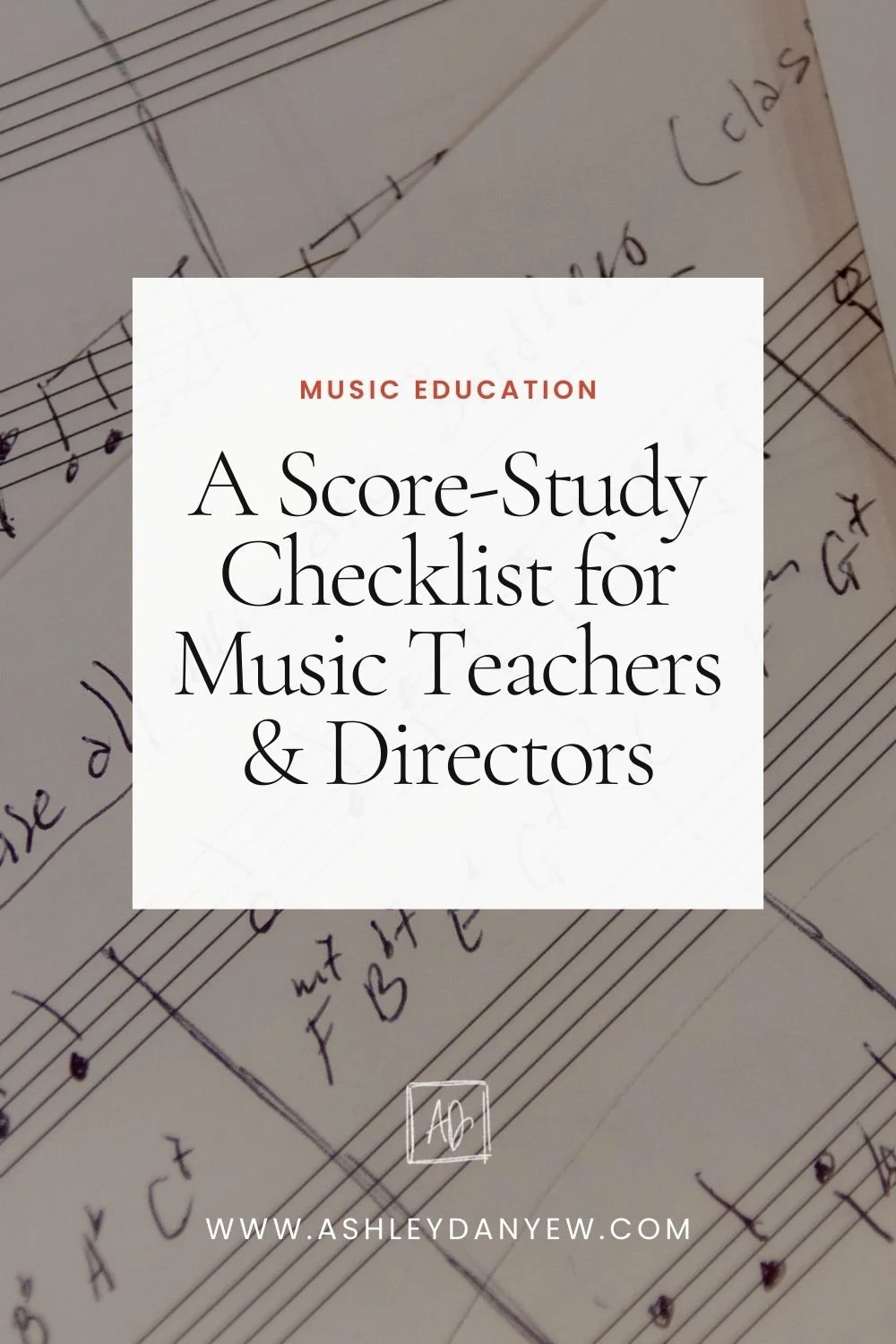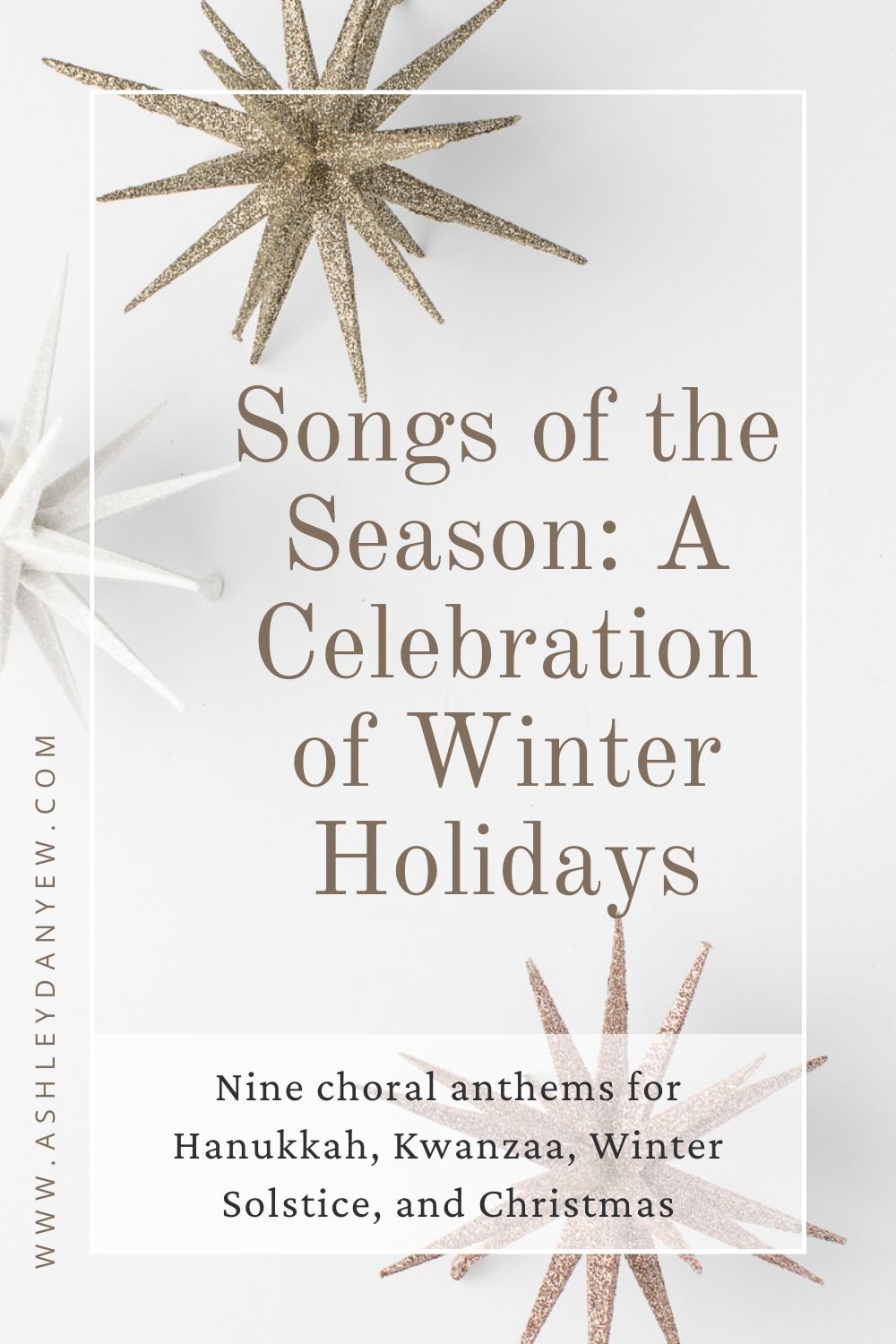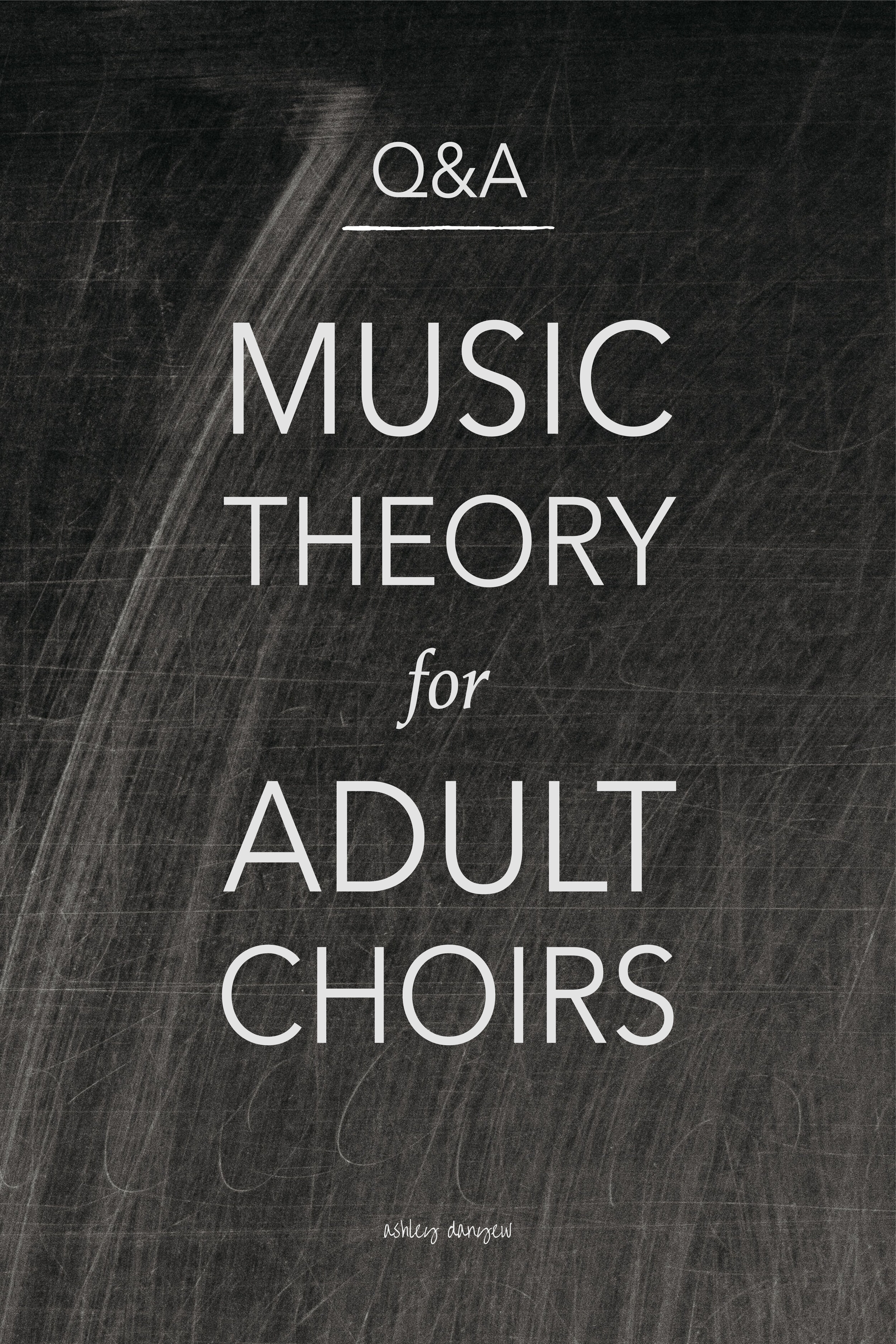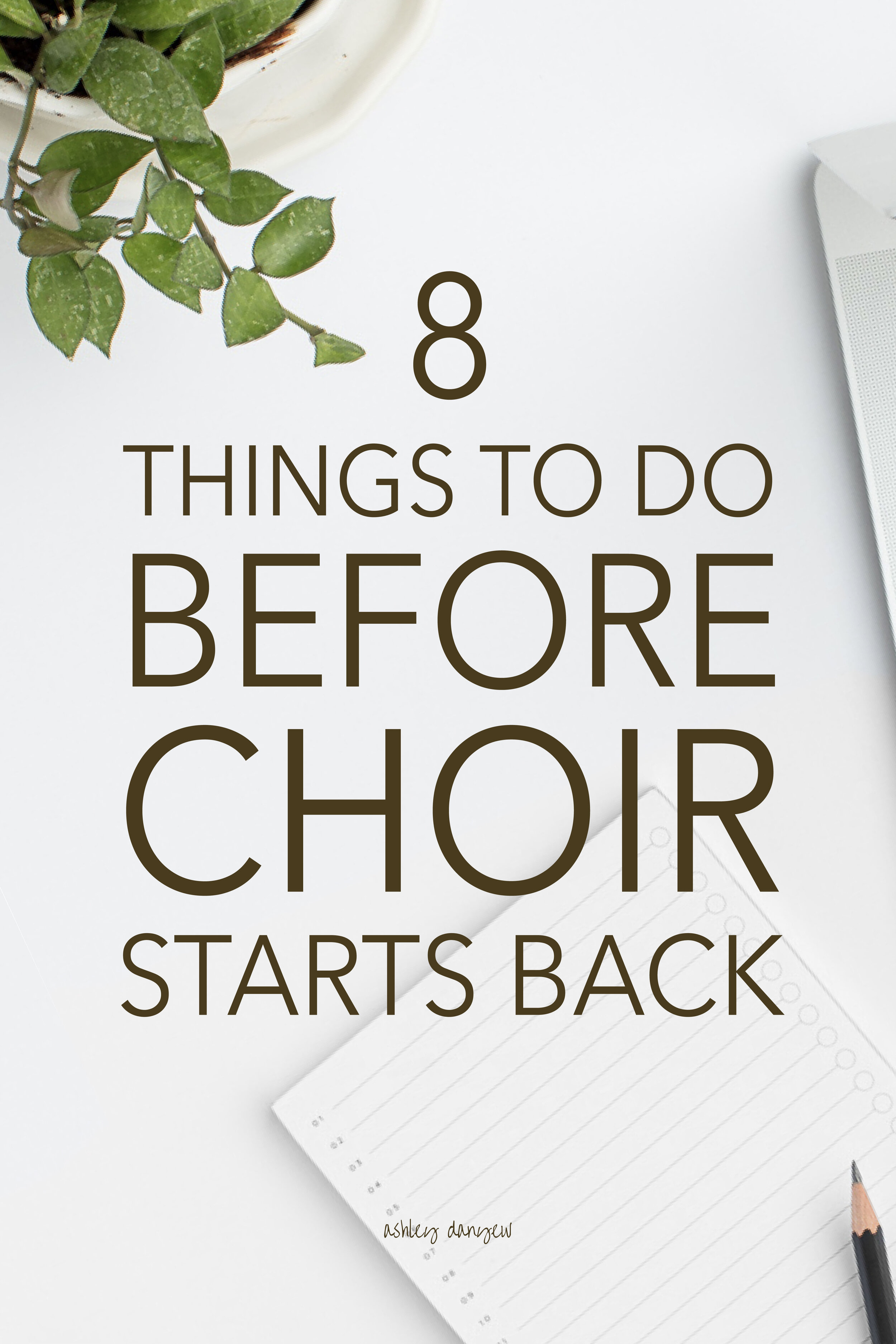Copyright - everyone’s favorite topic, right?
It’s a tricky and complicated subject and it can be hard to make sense of all the information that’s out there.
What are the rules?
What do I need to know?
How does it impact me and my work?
What kind of licenses do I need to cover my week-to-week activity?
If you’re in a quandary over copyright laws, you’re not alone. Read on, my friend.
Because today, I’m sharing a practical guide to all things copyright and license-related. I’m gearing this post toward those of you in church settings, but there’s plenty of useful information to glean for those of you in other work environments.
What is copyright?
First things first. When it comes to copyright, there are a few key things you should know:
- Any original work (music, text, art, design, etc.) is subject to copyright. That means bulletin cover art, that Call to Worship you found online, and the lyrics to this Sunday’s choir anthem that you want to print for the congregation to read. Even certain versions of the Bible are technically under copyright.
- Works published before 1923 (or first published in the U.S. between 1923 and 1963 without copyright renewal), are almost guaranteed to be public domain. These are free to use, revise, share, print, post, you name it.
- Works under copyright require permission from the copyright holder before they can be used, posted, or printed (unless you have an appropriate license, which we’ll talk about next!)
You could track down individual copyright holders and ask permission every time you want to copy or share something, or you could purchase a blanket license to cover different types of activities that involve copyrighted works and leave the rest to the professionals.
What kind of license do I need?
When it comes to licenses, you have a few different options:
- A performance license covers playing or performing copyrighted music outside of worship (like before the service starts, during youth group or Sunday School, in choir rehearsal, during a meeting, etc.)
- A streaming license allows you to stream copyrighted songs online (so if you sing or play copyrighted music in your service, this would cover you streaming your entire service online)
- A reproduction license lets you print or display lyrics in bulletins, song sheets, or on overhead projectors, for congregational use (that’s right - you can photocopy it!)
- A rehearsal license lets you duplicate sound recordings for rehearsals and practice, for your choir and ensemble members (think Christmas musicals, praise team rehearsals, and more)
- A video license covers playing videos in your church facilities, in and outside of worship (like for a sermon illustration or a family movie night) (source)
You can purchase these licenses a la carte, meaning you pay for only the ones you need and will use on a regular basis. Often, there are ways to purchase one-time licenses, which may prove cost-effective for you if you have a special event or something that happens only once or twice a year.
Isn't there some type of religious exemption?
Why, yes. Yes there is.
The U.S. Copyright Law permits the “performance of a non-dramatic literary or musical work or of a dramatico-musical work of a religious nature or display of a work, in the course of services at a place of worship or other religious assembly.”
Notice that this covers two specific things: performing and displaying. It does not cover reproducing, streaming, arranging, or playing recordings. (source)
How do I get a copyright license?
There are a few different organizations out there that offer licenses specifically for churches (and other Christian organizations) - Christian Copyright Licensing International (CCLI) and One License being the main ones. Each organization has their own catalog of music and resources that they cover, based on their relationships with the publishers and labels and agreements they have with various artists.
It’s in your best interest to go with an organization that has the largest library of music that’s relevant to you (so it’s more likely the music you use will be covered).
Here’s a more detailed look at each organization and what kind of activity is included under each of their licenses:
CCLI
Copyright (Reproduction) License
What it covers:
- arranging, printing, and copying your own vocal or instrumental arrangements of songs (in the CCLI database) for congregational singing in cases where a published version is not available
- printing and copying songs, hymns, and lyrics in bulletins or programs for congregational use
- creating song sheets or booklets for congregational singing
- recording live music (audio and video) in the context of a worship service
- projecting lyrics for congregational singing [technically included under the U.S. Copyright Law]
- translating song lyrics into another language for congregational singing in cases where a published version is not available
- coverage for 300,000+ songs
This license does not cover:
- photocopying or duplicating octavos, cantatas, musicals, handbell music, keyboard arrangements, vocal scores, orchestrations or other instrumental works
- renting, selling, lending, or distributing copies made under your church's license to individuals or groups outside the church, or other churches
Rehearsal License
What it covers:
- duplicating and sharing commercial audio recordings, rehearsal tracks, and digital audio files (obtained legally)
Streaming License
What it covers:
- streaming or podcasting recorded worship services
- streaming all 300,000+ songs covered under CCLI Copyright License
One License
Reprint (Reproduction) License
What it covers:
- printing and copying songs, hymns, and lyrics in bulletins or programs for congregational use
This license does not cover:
- printing and copying music for your choirs, ensembles, instrumentalists, or accompanists
Practice-Track (Rehearsal) License
What it covers:
- duplicating demo recordings from publishers for your choir or ensemble members
- duplicating CDs or MP3s for your choir or ensemble members
- recording your own versions of songs (including rehearsal and accompaniment tracks) for your choir or ensemble members
Streaming License
What it covers:
- streaming or podcasting recorded worship services
*Please note: This is intended for music. Liturgical materials and some Scripture readings may require additional permissions. Podcast downloads are limited to three times your average weekly attendance.
CCLI and One License offer the basic and most common licenses - Reproduction, Rehearsal, and Streaming. If you’re looking for licenses to cover performances or the use of videos, take a look at these organizations and what they offer:
Christian Copyright Solutions
Performance License
What it covers:
- playing sacred, secular, or holiday music outside of worship (anywhere on your property and satellite campuses)
- coverage for over 20 million songs
With this license, you can play personal recordings and use streaming services like Spotify, Pandora, or Amazon Music to play music for social events, meetings, Sunday School, youth group, choir rehearsals, and the like - anything that takes place on your property. This also covers concerts and recitals and non-church groups that meet in your building (e.g. preschool, Boy Scout troop, etc.)
Streaming License
What it covers:
- streaming music online from all of your events and programs
CVLI
Video License
What it covers:
- playing movies, TV shows, and video clips in and outside of worship
Hopefully, this gives you a better handle on copyright and licensing and how it affects you and your work. Here are a few more helpful articles you may be interested in reading:
Copyright and the Church
A Primer for Music Copyright
Creatives and Copyright
Still have questions? Ask away in the comments - I’ll do my best to answer them!






































